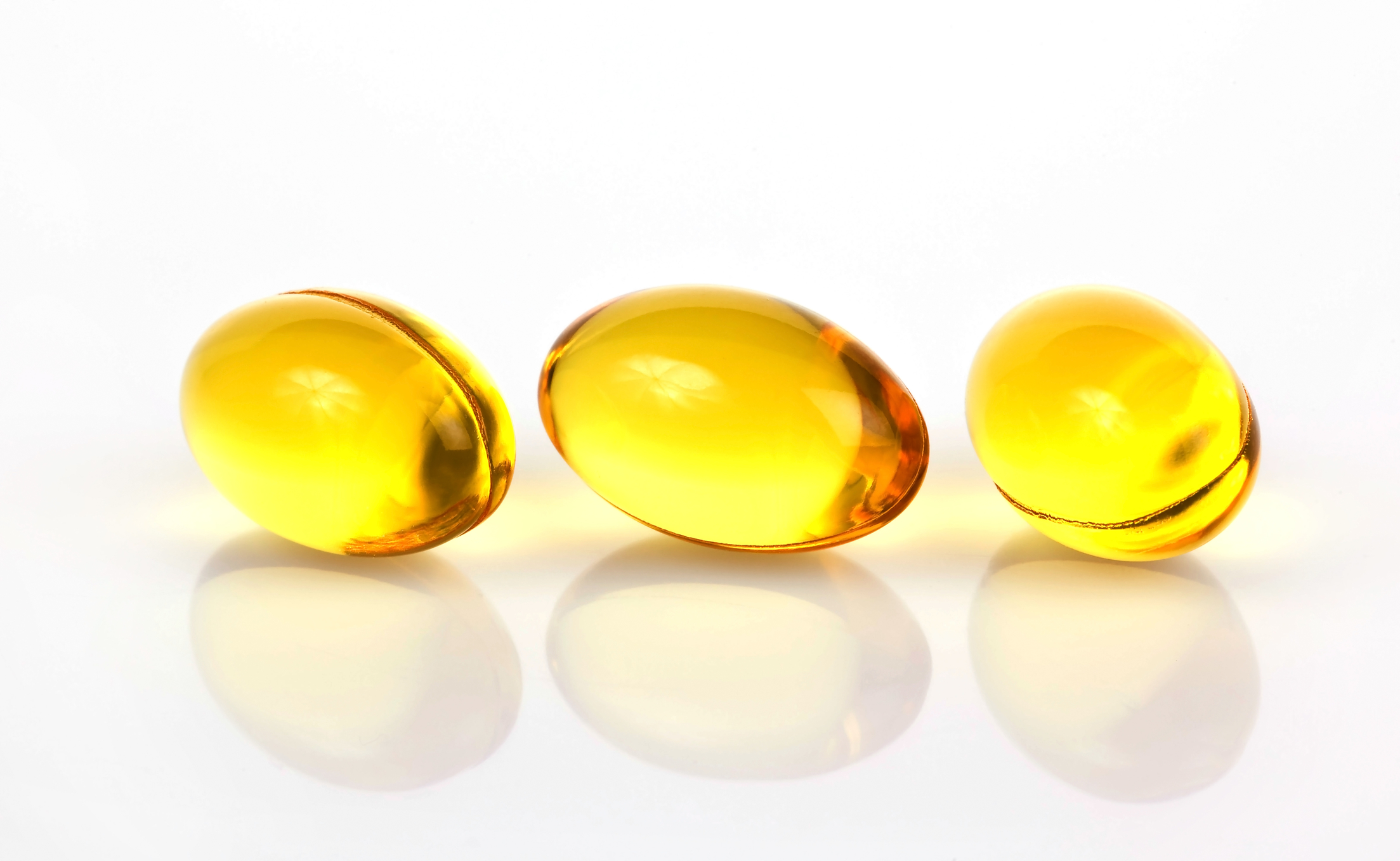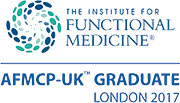Supplements: a Must or a Waste of Money?
Oct 13, 2017
Posted by: Monique Parker

One of the questions I’m often asked as a nutritional therapist, is if supplements are truly necessary. Given the offer of supplements available in shops and online, you would think that we all need to stock up on whatever supplements we might need for our aches, pains, and other medical issues. But are supplements really necessary?
The word supplement gives a clear indication of what it is meant for……supplementing a healthy diet, not replacing it. Or, as described by scientists[i] “Food supplements are concentrated sources of substances with nutritional or physiological effect and are intended to supplement the normal diet”.
In 2015 sales of supplements reached a staggering £414 million and in 2016 46% of the UK population was using supplements[ii]. But why is the supplement market still growing?
People are becoming increasingly health conscious and have more access to information on health and wellbeing than ever before. How many times a week do you see an article on a specific vitamin or mineral in the (social) media? No wonder the market for supplements is so profitable.
Is eating a healthy diet enough?
Unfortunately we do not get the recommended levels of nutrients in our daily diets for various reasons. For example:
- Our soil is depleted, causing a significant loss of minerals and trace elements in many food items such as vegetables, fruits, meat and dairy.
- The Western-style diet is often low in nutrients.[iii][iv]
- The environment we live in has become a toxic burden on us (chemicals, pollution etc.) [v]
- Our lifestyle of minimal physical activity, chronic stress, spending more time indoors, poor sleep etc.[vi]
These factors all require a much higher nutrient intake for our bodies to be able to cope.

What supplements are important?
This question is difficult to answer as we are all individuals and unique. One person could do with extra vitamin C and zinc when trying to fight an infection, but someone who suffers from malnutrition because of gut problems will need an awful lot more.[vii]
In general there are three supplements that I recommend, however healthily clients are eating, and that is vitamin D, probiotics and a good multi-vitamin and mineral formula. About 50% of the world’s population doesn’t get enough vitamin D.[viii] Probiotics are essential for healthy gut function. Almost 80% of your immune system is located in your digestive tract![ix]
A good multi-vitamin and mineral formula is highly essential when you feel that you haven’t been eating very well, i.e. while travelling. Or for elderly people who don’t eat very well for various reasons.[x]
Of course supplements can work preventative too. Think of boosting the immune system at the start of autumn to reduce colds and flu.
I do recommend other specific supplements to clients, but only when they present with specific health issues that could benefit from supplementing the diet.
What to look out for when buying supplements
What is actually in the supplement?
A supplement always contains more than just the nutrient you’re after. There are binders and fillers needed to make the tablet, flow agents to help fill the capsule, flavours, sweeteners, preservatives, capsule shells, etc. Not all manufacturers use a long list of excipients. Look out for pure products.
Quality
What are the manufacturing standards? Does the supplement contain what it says on the label? How is the bioavailability?
How is the absorption and bioavailability of the supplement?
Nutrients can have various forms and it depends on what form is used in the supplement. To give you an example, oxide, citrate, sulfate and glyconate are forms of magnesium, with glyconate being the most bioavailable form.[xi] [xii] Cheap forms of nutrients are generally not very well absorbed or used by the body.
Safety
Is the supplement regulated under the Food Safety Act, Medicines Regulation or Traditional Herbal Regulation?
Are you aware of any drug-nutrient interactions?[xiii] Supplements can affect the absorption and effectiveness of drugs. For example, taking fish oil with Warfarin (blood thinner) increases the anticoagulation.[xiv]

My advice
- Never forget that supplements cannot replace a bad diet.
- Buy good quality supplements.
- Don’t believe everything you read in the media. Do your research when you decide to buy a supplement and check if there is any science behind it.
- Always check drug-nutrient interactions if you’re taking medication.
- If in doubt, check with a nutritional therapist.
My favourite supplements to prepare for winter
Probiotics[xv]
Vitamin D[xvi]
Vitamin C[xvii]
Zinc[xviii]
Beta-Glucans[xix]
Elderberry[xx] or Olive leaf Extract[xxi]
These all boost your immune system to ward off colds and flu.
There are many formulas available with vitamins, minerals and herbs that boost your immune system, including the ones mentioned above.
Supplements on their own are not enough, of course you need to eat well and don’t forget to use onions, garlic, ginger and turmeric as they all boost your immune system too!
REFERENCES
[i] Walkera, M. et al (2016). A Review of Methods for the Simultaneous Detection of Illegal Ingredients in Food Supplements. Journal of the Association of Public Analysts (Online) 2016 44 051-066. http://www.apajournal.org.uk./2016_0051-0066.pdf
[ii] http://www.mintel.com/press-centre/social-and-lifestyle/vitamin-and-supplements-market-in-good-health-46-of-all-brits-are-daily-users
[iii] Cordain, L. et al (2005). Origins and evolution of the Western diet: health implications for the 21st century. Am J Clin Nutr February 2005 vol. 81 no. 2 341-354 http://ajcn.nutrition.org/content/81/2/341.full[iv]Galland, L. (2010). Diet and inflammation. Nutr Clin Pract, 25 (6) (2010), pp. 634-640 https://www.ncbi.nlm.nih.gov/pubmed/21139128
[v] http://www.sustainablebabysteps.com/environment-affecting-human-health.html
[vi] Egger, G., & Dixon, J. (2014). Beyond Obesity and Lifestyle: A Review of 21st Century Chronic Disease Determinants. BioMed Research International, 2014, 731685. https://www.ncbi.nlm.nih.gov/pmc/articles/PMC3997940/
[vii] Mziray-Andrew ,C. & Sentongo, T. (2009). Nutritional deficiencies in intestinal failure. (abstract) Pediatr Clin North Am. 2009 Oct;56(5):1185-200. https://www.ncbi.nlm.nih.gov/pubmed/19931070
[viii] Nair, R & Maseeh, A (2012), ‘Vitamin D: The “sunshine” vitamin’, Journal of Pharmacology & Pharmacotherapeutics, 3(2), 118–126 https://www.ncbi.nlm.nih.gov/pmc/articles/PMC3356951/
[ix] Hemarajata, P. & Versalovic, J. (2013). Effects of probiotics on gut microbiota: mechanisms of intestinal immunomodulation and neuromodulation. Therap Adv Gastroenterol. 2013 Jan; 6(1): 39–51. http://www.ncbi.nlm.nih.gov/pmc/articles/PMC3539293/
[x] Fairfield, K. & Fletcher, R. (2002). Vitamins for Chronic Disease Prevention in Adults Scientific Review. JAMA.2002;287(23):3116–3126. http://jamanetwork.com/journals/jama/fullarticle/195038
[xi] Murray, M. (2001). Encyclopedia of Nutritional Supplements. New York: Three Rivers Press. 162.
[xii] http://www.naturalnews.com/046401_magnesium_dietary_supplements_nutrient_absorption.html
[xiii] Trovato, A, et al (1991). Drug-nutrient interactions. Am Fam Physician. 1991 Nov; 44(5): 1651–1658. https://www.ncbi.nlm.nih.gov/pubmed/1950962
[xiv] Buckley, M. et al (2004). Fish oil interaction with warfarin. Ann Pharmacother. 2004 Jan; 38(1): 50-52. https://www.ncbi.nlm.nih.gov/pubmed/14742793
[xv] Hao Q. et al (2015). Probiotics for preventing acute upper respiratory tract infections. Cochrane Database Syst Rev. 2015 Feb 3; (2):CD006895. Epub 2015 Feb 3. https://www.ncbi.nlm.nih.gov/pubmed/25927096
[xvi] Mitsuyoshi Urashima et al (2010). Randomized trial of vitamin D supplementation to prevent seasonal influenza A in schoolchildren. Am J Clin Nutr May 2010 vol. 91 no. 5 1255-1260. http://ajcn.nutrition.org/content/91/5/1255.full
[xvii] Anderson, T. W., Reid, D. B. W., & Beaton, G. H. (1972). Vitamin C and the common cold: a double-blind trial. Canadian Medical Association Journal, 107(6), 503–508. https://www.ncbi.nlm.nih.gov/pmc/articles/PMC1940935/
[xviii] Singh M. & Das R. (2011). Zinc for the common cold. Cochrane Database Syst Rev. 2011 Feb 16;(2):CD001364.
https://www.ncbi.nlm.nih.gov/pubmed/21328251
[xix] Talbott, S., & Talbott, J. (2009). Effect of BETA 1, 3/1, 6 GLUCAN on Upper Respiratory Tract Infection Symptoms and Mood State in Marathon Athletes. Journal of Sports Science & Medicine, 8(4), 509–515. https://www.ncbi.nlm.nih.gov/pmc/articles/PMC3761532/
[xx] Zakay-Rones Z. et al (2004). Randomized study of the efficacy and safety of oral elderberry extract in the treatment of influenza A and B virus infections. (abstract) J Int Med Res. 2004 Mar-Apr;32(2):132-40. https://www.ncbi.nlm.nih.gov/pubmed/15080016
[xxi] Omar, S. H. (2010). Oleuropein in Olive and its Pharmacological Effects. Scientia Pharmaceutica, 78(2), 133–154. https://www.ncbi.nlm.nih.gov/pmc/articles/PMC3002804/






